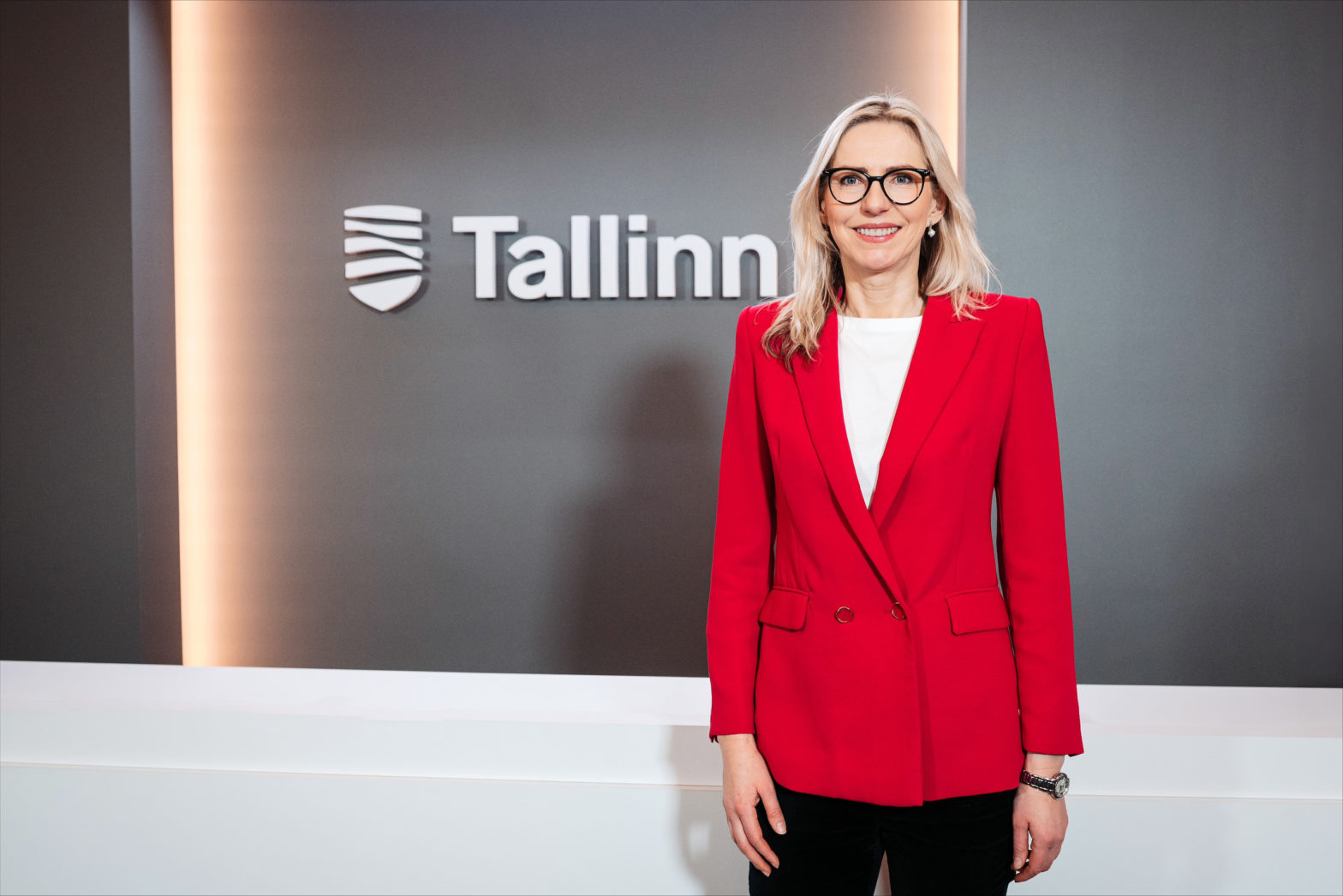Dutch cities slam central government’s 5G proposals
17 October 2019
by Jonathan Andrews
Seven Dutch cities are fighting against a central government proposal that would give free rein to telco providers over the installation of 5G antennas.
Amsterdam, Rotterdam, The Hague, Utrecht, Eindhoven, Groningen, and Almere, backed by the Dutch Association of Cities, say that the proposed bill–about the implementation in The Netherlands of the EU Telecom Code–would force them to provide telcos with full access to public assets.
The cities also say that the bill does not take into consideration concerns over public health.
“The Ministry of Economic Affairs and Climate Policy is trying to have a swift tender procedure on 5G frequencies, as swift as possible,” Frans Jorna, Executive Director, Digital City and Innovation, City of Almere, told Cities Today. “In it for them is the expected return from the spectrum auction of between €3 to €4 billion.”
The central government is also being accused of “burying” the public consultation of the proposed bill during the summer break. After turning a “deaf ear” to local government concerns, the ministry met with the cities at the end of September.
Surprisingly for Jorna and the other cities gathered, the meeting was also attended by telco representatives.
“We were not amused, to put it mildly, that we were at the same table with representatives of industry,” he commented.
He said that typically in the Netherlands, for innovations like 5G, central and local government would first work together to develop a joint framework.
The ministry has since agreed to develop such a framework and is taking note of the cities’ six common points of reference which include a call for an integrated antenna policy; that a portion of the money raised from the spectrum sale should be for local governments to assist the rollout; that a a joint independent investigation into the health effects of 5G be initiated; and that a greater focus be given to safety and security.
“Because of IoT, a lot of our infrastructure is going to become critical infrastructure,” added Jorna. “More attention needs to be given to safety and security, yet the Ministry of Economic Affairs has not involved the Ministry of Justice or the national intelligence service.”
The cities also want other interests in the public space to be considered, like the installation of net electric vehicle loading facilities, and that activities be coordinated in such a way that “residents will not continuously see their streets being worked on”.
A spokesperson from the ministry told Cities Today that they are now looking into the comments from the public consultation and are not in the position to make any comments before the final version of the bill has been proposed to the advisory body on legislation and the country’s highest general administrative court.
“In the meantime we have had very fruitful discussions with different Dutch cities and villages and their association,” he said. “[This includes] the meeting at our ministry [in September] but we’ve also organised several other regional meetings in different municipalities to discuss this matter more in the next months.”
The group of seven cities are hoping to reach a pathway with the ministry before the end of October when they are next due to meet.
The Netherlands is set to begin rolling out its 5G network from Spring 2020, with services expected to be fully operational by 2022.






